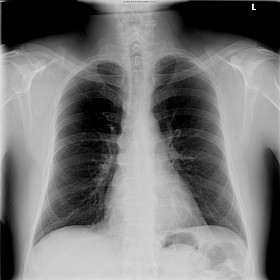 The AABB has issued updated standards for blood banks and transfusion servicesto reduce the risk of transfusion-related acute lung injury (TRALI). The 29th edition of Standards for Blood Banks and Transfusion Services were approved by the AABB Board of Directors in July 2013. This edition includes new requirements for evaluating the eligibility of donors implicated in TRALI events and updated specifications for donors of high plasma volume components used in allogeneic transfusion. Specifically, “high plasma volume components for allogeneic transfusion (i.e. plasma, high plasma volume platelet components, and whole blood) shall be from males, females who have not been pregnant, or females who have been tested since their most recent pregnancy and results interpreted as negative for HLA antibodies.” The new standards will go into effect on April 1, 2014.
The AABB has issued updated standards for blood banks and transfusion servicesto reduce the risk of transfusion-related acute lung injury (TRALI). The 29th edition of Standards for Blood Banks and Transfusion Services were approved by the AABB Board of Directors in July 2013. This edition includes new requirements for evaluating the eligibility of donors implicated in TRALI events and updated specifications for donors of high plasma volume components used in allogeneic transfusion. Specifically, “high plasma volume components for allogeneic transfusion (i.e. plasma, high plasma volume platelet components, and whole blood) shall be from males, females who have not been pregnant, or females who have been tested since their most recent pregnancy and results interpreted as negative for HLA antibodies.” The new standards will go into effect on April 1, 2014.
Reference
1. AABB. TRALI Risk Reduction Requirements in the 29th Edition of BBTS Standards. Accessed onilne August 21, 2013. 2013. http://www.aabb.org/sa/standards/Pages/trali-requirements-bbts-standards.aspx.
